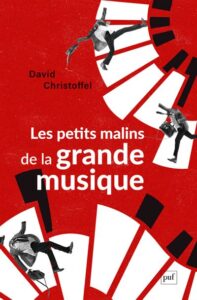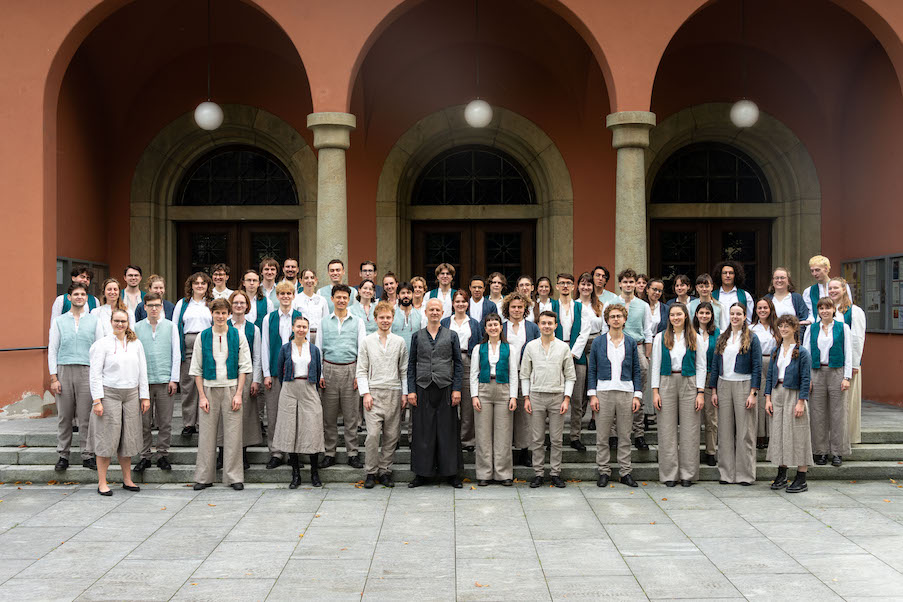Atypical compositions
Recently published by Presses universitaires de France, David Christoffel's new book focuses on repertoires that, whether intentionally or not, are out of the ordinary.

On the bangs of the usual paths to recognition and success, a number of musicians have taken it upon themselves to turn fate on its head, some legitimately, others deceptively. The fourteen chapters cover a wide range of subjects, with examples and anecdotes, and can be read independently of one another. We meet composers who plagiarize, parody or pastiche, some not hesitating to pass off one or more of their works as those of a more renowned colleague, or even to claim to have received them post mortem under the dictation of a spirit, or to have appropriated the pieces of others; musicologists who make a name for themselves by questioning, on the basis of vague hypotheses, the attribution of this or that score; fictitious composers created by novelists, like Proust's Vinteuil or Mann's Leverkühn - but also, more unexpectedly, an entry devoted to an imaginary Dag Henrik Esrum-Hellerup in the 1980 edition of the New Grove Dictionary of Music and Musicians. The author also highlights the equivocality of celebrity for pianists who no longer have the use of their right hand, composers whose reputation with the general public is based on a single piece, or female musicians considered not on the basis of their skills but as pioneers in their field. The notion of a work is also questioned through apocryphal, unfinished, pedagogical, early works or those written using algorithms by artificial intelligence. A tribute to these under-appreciated musical bodies of work, this book explores the various alternative paths that have been taken to achieve notoriety, and identifies some of the cognitive biases that lead to distorted judgments.
David Christoffel: Les petis malins de la grande musique, 336 p., € 16.00, PUF, Paris 2023, ISBN 978-2-13-085049-6








